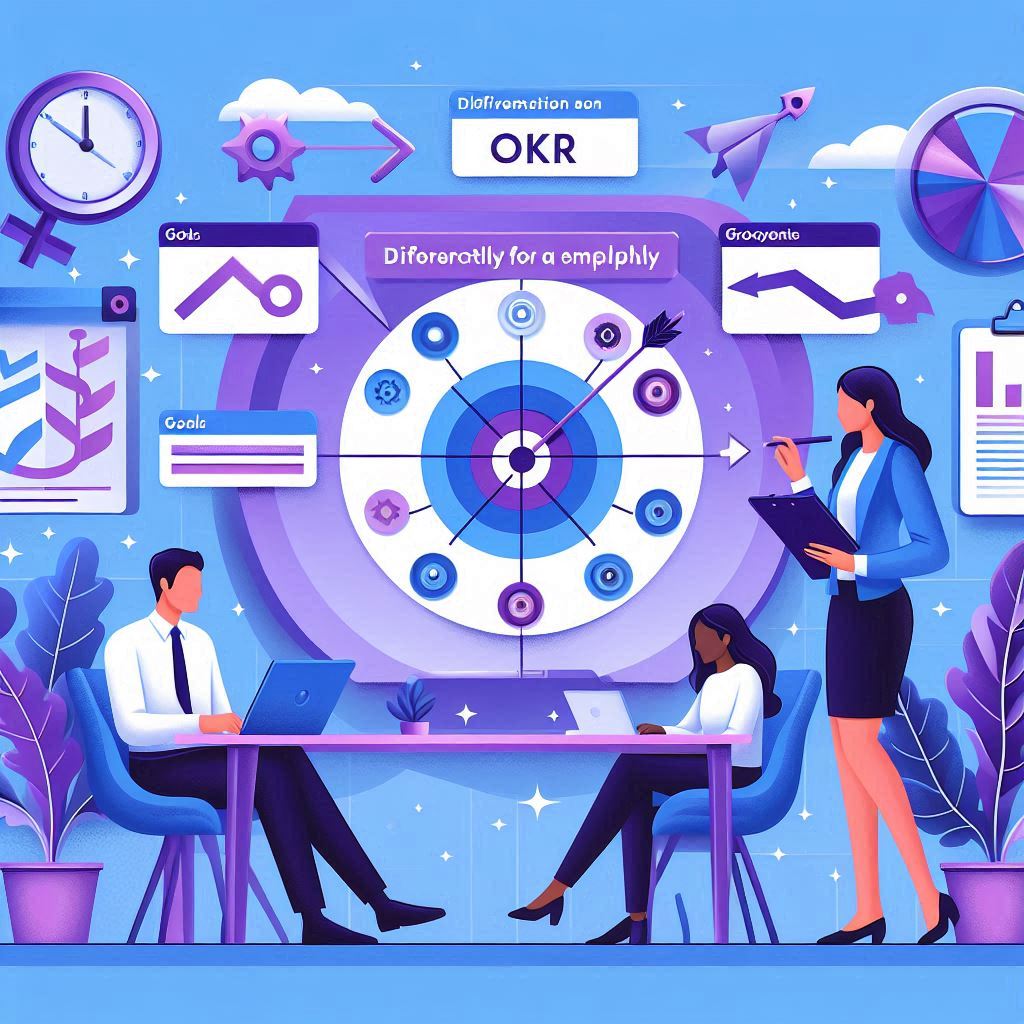Workplace Citizenship: A New Framework for Culture and Accountability
In 2025, the concept of “workplace citizenship” is reshaping organizational culture and accountability. This emerging framework emphasizes shared responsibility, ethical behavior, and active participation, moving beyond traditional compliance models.
“Culture is not just one aspect of the game—it is the game.”
— Lou Gerstner, former CEO of IBM
The Essence of Workplace Citizenship
Workplace citizenship involves employees voluntarily going beyond their formal job requirements to contribute positively to the organization. Such behaviors, known as Organizational Citizenship Behaviors (OCBs), include helping colleagues, being flexible, and promoting a positive work environment. These actions are crucial for organizational effectiveness and are fostered by a supportive culture and transformational leadership .
Accountability Through Culture
A culture of accountability is integral to workplace citizenship. Gallup’s research indicates that only 19% of employees strongly agree that their organization’s values are consistently upheld by leadership, highlighting a gap between stated values and daily practices . Bridging this gap requires leaders to model desired behaviors and create environments where employees feel responsible for their actions and outcomes.
The Role of Leadership
Effective leadership is pivotal in cultivating workplace citizenship. Transformational leaders inspire employees to transcend their self-interests for the sake of the organization, fostering an environment where OCBs thrive. By recognizing and rewarding such behaviors, leaders reinforce a culture of mutual respect and shared responsibility .
Measuring Impact
Organizations are increasingly focusing on the measurable outcomes of workplace citizenship. The Conference Board’s 2025 report emphasizes the importance of demonstrating the business value of corporate citizenship initiatives, including enhanced employee engagement and brand reputation . By aligning citizenship behaviors with organizational goals, companies can ensure that these efforts contribute to overall success.
Conclusion
As workplaces continue to evolve, embracing the principles of workplace citizenship will be essential for fostering cultures of accountability and engagement. By promoting ethical behavior, shared responsibility, and active participation, organizations can build resilient and adaptive cultures ready to meet the challenges of the
future.
References
https://www.gallup.com/workplace/327371/how-to-build-better-company-culture.aspx
https://www.conference-board.org/publications/2025-outlook-for-corporate-citizenship-and-philanthropy
https://www.forbes.com/sites/cherylrobinson/2024/04/23/how-to-impact-company-culture-with-organizational-citizenship-behavior/








